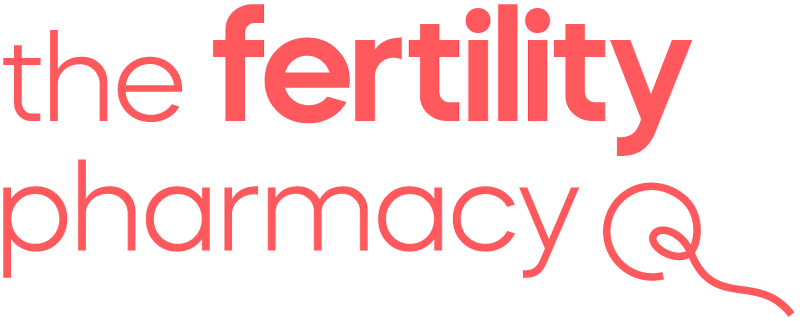What vitamins should you take if you’re trying to conceive?
Guest blog contributed by URE Centro Gutenberg
The Mediterranean diet is, par excellence, an exemplary dietary model and is recognised as one of the healthiest and most balanced diets worldwide. Although this diet is able to provide almost all the nutrients one needs during pregnancy, the majority of gynaecologists recommend taking additional supplements.
The purpose of these supplements is to help make sure you are obtaining all the nutrients needed during the different stages of pregnancy.
Here we are going to talk about these nutrients with you and tell you which ones are essential if you are trying to conceive.
Folic acid
The importance of folic acid during pregnancy is something all fertility specialists agree on. In fact, it is the most important vitamin in their opinion. They recommend that you start taking it at least one month before you start trying to conceive in addition to the first three months of pregnancy.
This recommendation is due to the role folic acid plays in development of the embryo’s neural tube, something which occurs during the early weeks of gestation and prevents birth defects in the foetus.
Iodine
Iodine is a trace mineral which is essential to regulation of the thyroid hormone. It is mainly found in sea water and in some foods. It is very important that your levels of iodine before conceiving are correct in order to ensure favourable hormone development in the foetus.
People who live inland, as well as those who do not consume iodized sea salt, often have an iodine deficiency and it is therefore recommended that they take an iodine supplement.
Vitamin D
This vitamin came into the spotlight some time ago, as between 20 and 50 percent of patients of reproductive age have a vitamin D deficiency.
What we know about the relationship between vitamin D and pregnancy is that this vitamin is strongly associated with the ability to conceive as well as prevention of complications during gestation. Favourable levels of this vitamin help to prevent preeclampsia, gestational diabetes and intrauterine growth restriction.
Calcium
Calcium is another essential supplement if you are thinking about trying to conceive and do not meet the minimum daily calcium requirement. Calcium is crucial not only for the foetus, but also for the correct progression of pregnancy, as it reduces the risk for hypertension and preeclampsia.
Iron
A good iron reserve is fundamental when it comes to conception, as a female’s iron level will have a tendency to fall during pregnancy. This happens due to the fact that iron requirements are greater than the daily intake in order to meet the needs of both mom and baby.
Taking an iron supplement, especially during the second and third trimesters of pregnancy, is necessary for almost the majority of pregnant women.
Omega 3 fatty acids
Omega 3 fatty acids help to stimulate brain development in the baby. If your diet is not rich in these fatty acids (fish, nuts, etc.), then your gynaecologist will advise you to take a supplement.
The importance of healthy eating
As we said at the beginning of this article, our Mediterranean diet is a great help when it comes to getting the right amount of nutrients during pregnancy. In the end it all comes down to this: eat a varied, well-balanced diet including healthy, natural foods.
And in specific cases when certain nutrients are not obtained through diet, fertility specialists will tell you what supplements you need to take and in what amounts.
Likewise, of course, we recommend quitting certain habits that are harmful to fertility. Avoid these bad habits at all costs if you want to become a mother!

